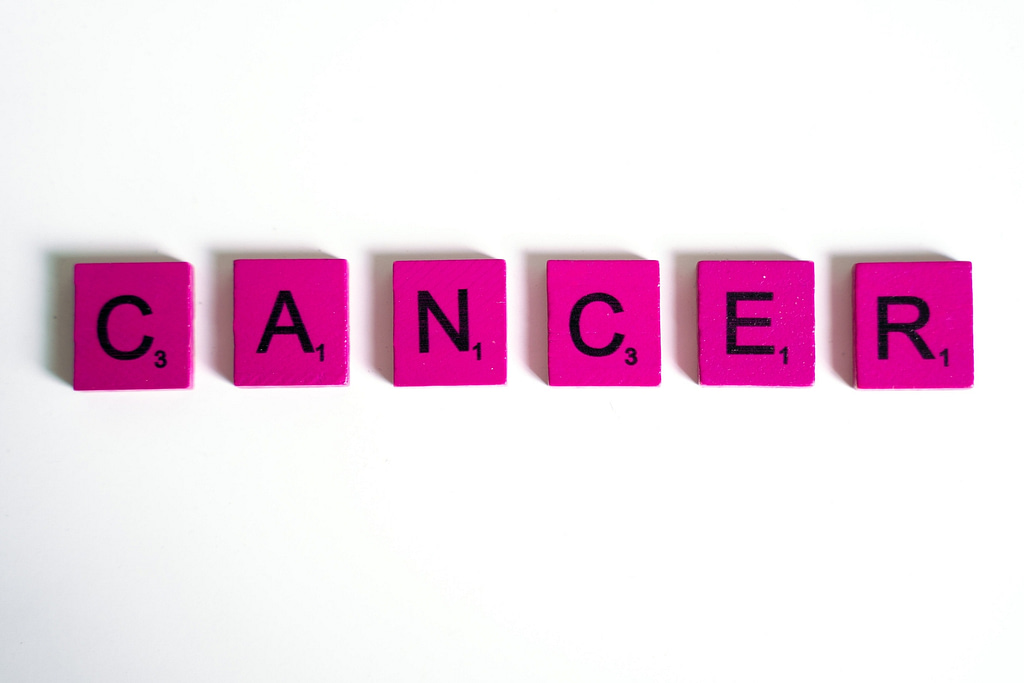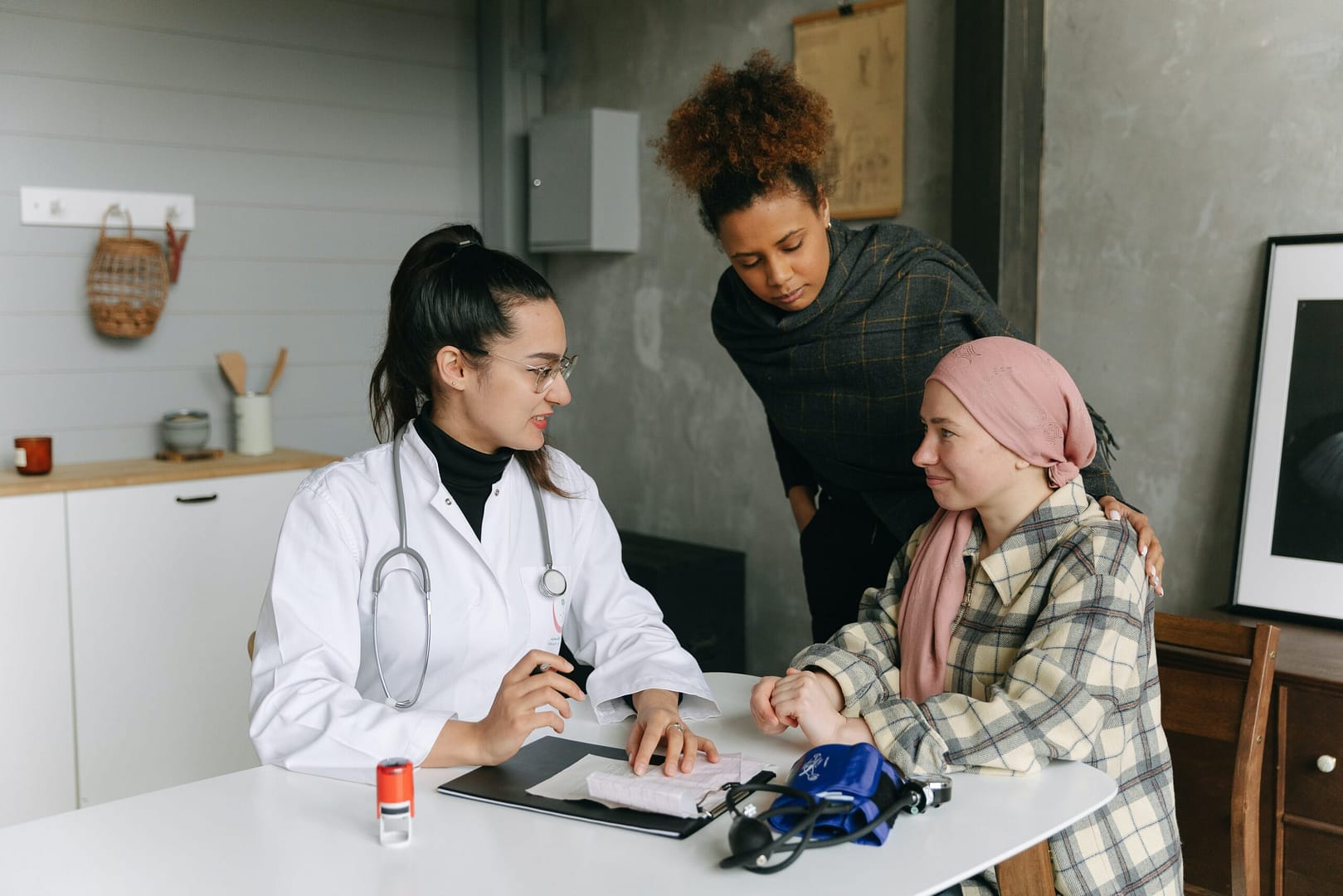Cancer Awareness Guide: Prevalence, Causes, Diagnosis, Treatment, and Nutrition
CANCER | AWARENESS | NUTRITION
Reviewed by Dr Nisha Singh, Dietitian (Ph.D.), MSc.FN.
Cancer is a disease that affects millions of people worldwide and has a profound impact on individuals, families, and communities. It is a complex group of diseases characterized by the uncontrolled growth and spread of abnormal cells in the body. Cancer can occur in any part of the body and has a range of symptoms, from fatigue and pain to weight loss and changes in skin colour.

Prevalence
It is estimated that by 2030, there will be an annual increase of 26 million new cancer cases and 17 million cancer-related deaths worldwide. The current prevalence of cancer in India is increasing and has become a major public health concern. According to recent estimates, the number of new cancer cases in India reached over 1.5 million in 2020.
India has a high burden of cancer, with common types of cancer including breast, lung, oral, stomach, and cervical cancer. In addition, the growing incidence of cancer is being driven by several factors, including the increasing prevalence of lifestyle-related risk factors, such as tobacco use, unhealthy diets, and physical inactivity, as well as a growing ageing population.
Another major factor is the lack of access to early detection and treatment. In India, many individuals are not diagnosed until the disease has advanced, making treatment less effective and increasing the likelihood of death. In addition, the high cost of cancer treatment is also a barrier for many people, as they are unable to afford the necessary medical care.
The growing impact of cancer in India is affecting not only the individuals who are diagnosed with the disease but also their families and communities. Cancer is a debilitating illness that can cause significant physical, emotional, and financial strain on patients and their loved ones. It also places a significant burden on the healthcare system, with treatment costs often being too high for patients and their families.
In addition, the stigma associated with cancer often makes it difficult for individuals to seek medical attention and support. Many individuals who are diagnosed with cancer feel isolated and are unable to access the resources and support they need to manage the disease. This can harm their quality of life and their ability to live a full and productive life.

Causes of cancer
Cancer is a complex disease with a range of causes and 200 types. While there is no single cause of cancer, several factors can increase an individual’s risk, including genetics, lifestyle, and environmental exposures. One of the most significant lifestyle-related risk factors for cancer is tobacco use, which has been linked to several types of cancer, including lung, throat, and bladder cancer. Other lifestyle-related risk factors include unhealthy diets, physical inactivity, and exposure to harmful chemicals and substances, such as air pollution and UV radiation.
Several genetic factors can increase an individual’s risk of cancer. Inherited genetic mutations, such as BRCA1 and BRCA2, can increase an individual’s risk of breast and ovarian cancer, while Lynch syndrome can increase the risk of colorectal, endometrial, and other types of cancer. Understanding the different causes and types of cancer is essential to develop effective strategies for prevention, early detection, and treatment.

Symptoms
Symptoms of Cancer vary depending on the type and stage of the disease. However, some common symptoms include fatigue, unexplained weight loss, persistent pain, changes in skin colour, and bleeding or discharge. In some cases, there may also be visible lumps or masses. Early detection is key in the effective treatment of cancer, and it is important to seek medical attention if you experience any unusual or persistent symptoms. In addition, regular cancer screening tests, such as mammograms and pap smears, can help detect cancer at an early stage and improve outcomes. It is important to remember that not all symptoms of cancer are noticeable or easily recognizable and that it is always best to consult with a healthcare professional if you have any concerns about your health.
Diagnosis
Diagnosis of cancer typically involves a combination of tests and procedures, including a physical examination, imaging tests, MRI, CT scan, biopsy, and laboratory tests. A biopsy is the removal of a small tissue sample for examination under a microscope, which can help determine the presence and type of cancer. Imaging tests, such as X-rays, CT scans, and MRI scans, can help visualize the size and location of a tumor and determine if cancer has spread to other parts of the body. Blood tests can also be used to detect cancer markers, which can indicate the presence of cancer. After a diagnosis of cancer, the stage of the disease is determined, which helps guide treatment decisions. An accurate and timely diagnosis is critical in the effective treatment of cancer and in improving outcomes for individuals diagnosed with this disease.

Medical Treatment of Cancer
Medical cancer treatment is tailored to the type, stage, and location of the disease. Common medical treatments include surgery, radiation therapy, chemotherapy, immunotherapy, and targeted therapy. Surgery involves the removal of the cancerous tissue and is often the first line of treatment for many types of cancer. Radiation therapy uses high-energy beams to destroy cancer cells and is often used in combination with surgery or chemotherapy. Chemotherapy is a treatment that uses drugs to kill cancer cells and is often used in the advanced stages of the disease.
Immunotherapy is a newer type of treatment that uses the body’s immune system to fight cancer, while targeted therapy is a treatment that focuses on specific genetic changes in cancer cells. The choice of treatment will depend on the type and stage of the disease, as well as the individual’s overall health. Treatment decisions are typically made by a team of healthcare professionals, including oncologists, surgeons, and radiation therapists.
Side effects of Cancer Treatment
Cancer treatments can have a range of side effects, some of which can be severe and long-lasting. Common side effects of chemotherapy include nausea, vomiting, hair loss, fatigue, and decreased immune function. Radiation therapy can cause skin irritation, fatigue, and damage to healthy tissues surrounding the treatment area. Surgery can cause pain, swelling, and difficulty with movement.
Immune-based therapies can cause autoimmune reactions, and targeted therapies can cause damage to normal cells and affect organ function. Side effects can vary depending on the type of treatment and the individual, and it is important to discuss potential side effects with a healthcare professional before starting treatment. Many side effects can be managed with medications or other treatments, and it is important to report any side effects to a healthcare professional so they can be managed effectively.
Nutrition During cancer treatment
Diet and nutrition play an important role in cancer treatment and recovery. Individuals undergoing cancer treatment may experience changes in their appetite and food preferences, as well as changes in their body weight and metabolism. During cancer treatment, it is important to focus on consuming nutrient-dense, high-quality foods that support overall health and help manage side effects.
During cancer treatment, it is important to avoid certain foods that may weaken the immune system, interact with treatment, or cause adverse effects. Some of the foods to avoid during cancer treatment include:
Processed and junk foods: are high in sugar, unhealthy fats, and preservatives, which can weaken the immune system and increase the risk of side effects.
Alcohol: can weaken the immune system and interfere with treatment.
Raw or undercooked foods: can increase the risk of foodborne illnesses and weaken the immune system.
- It is important to talk to a healthcare professional before making any changes to your diet during cancer treatment, as individual needs may vary. A registered dietitian can also provide guidance on which foods are best to avoid and recommend alternative options to meet nutritional needs.

Conclusion
The growing impact of cancer in India is a significant public health concern that requires immediate action. By addressing the causes of cancer and improving access to early detection and treatment, we can work towards reducing the burden of this disease on individuals, families, and communities. The government and healthcare community must work together to address this issue and ensure that all individuals have access to the care and support they need to manage this debilitating illness.
